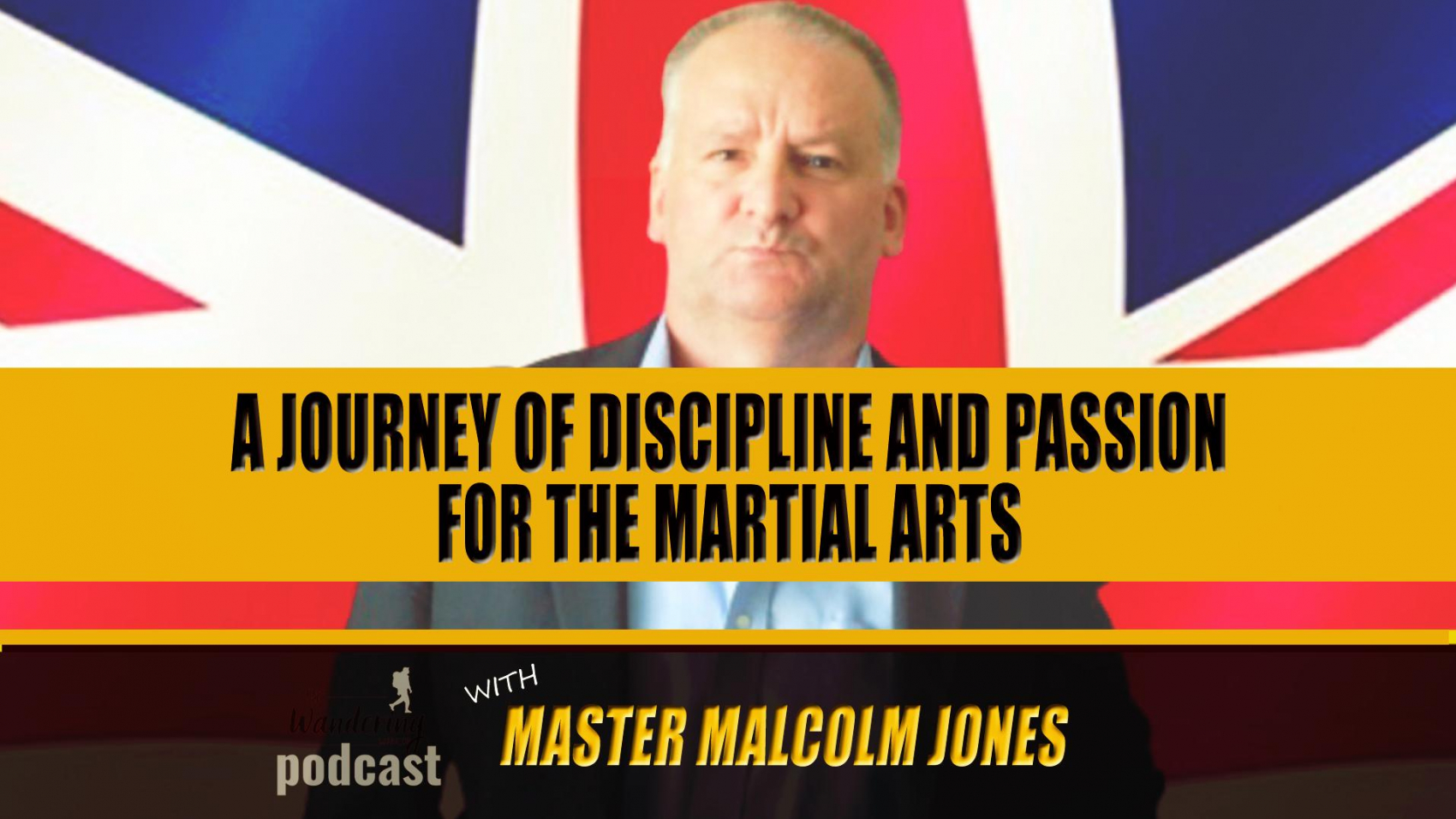Strategies for Effective Self Defence Training
Master Malcolm Jones recounts his martial arts teaching journey from 1974, transitioning to full-time in 1996 after a strategic job change, leading to a divorce. He emphasises financial stability, mentoring a successful kickboxing student, Sam, and suggests village halls for cost-effective classes. Jones highlights the importance of fun in teaching, using games like ‘Hide the keys,’ and balancing discipline in martial arts. He mentions successful classes in villages and the dynamics of family classes, touching on the integration of self-defence in the curriculum.
Potential Actions For Setting Up A School
- Ensure financial stability before transitioning to teaching martial arts full-time.
- Consider starting classes in affordable venues like village halls or church halls to minimize costs.
- Open multiple classes in different locations to identify the most successful ones.
- Find a balance between making martial arts classes fun and educational, especially for children.
- Explore self-defense aspects in martial arts teaching as a topic for further discussion.
In the realm of martial arts, few stories resonate as deeply and as inspiringly as that of Master Malcolm Jones.. His journey, spanning decades since 1974, encapsulates not just the evolution of a martial artist but also the profound impact martial arts can have on individuals and communities.
Through a recent conversation, Master Jones shared insights that are not only reflective of his personal journey but also serve as guiding lights for anyone embarking on or continuing their martial arts path.
From Passion to Profession: The Leap of Faith
Master Jones’s transition from a passionate practitioner to a full-time martial arts teacher in 1996 is a tale of courage, sacrifice, and unwavering dedication. His story is a testament to the idea that pursuing one’s passion, despite the hurdles, can lead to fulfilling outcomes. The decision wasn’t easy, especially with familial responsibilities and the initial lack of support. However, his strategic move from a stable job to embracing martial arts teaching full-time showcases the importance of planning and belief in one’s dreams. For those standing at crossroads, wondering whether to take the leap into making their passion their profession, Master Jones’s journey underscores the need for financial stability and a supportive network as crucial pillars.
Nurturing Talent and Building Confidence
Master Jones’s mentoring of successful students like Sam and Rebecca Riggs highlights the pivotal role of a teacher in recognizing and nurturing talent. His approach, emphasizing fun, discipline, and integrating self-defence into the curriculum, has not only cultivated talents but also built confidence among his students. This aspect of martial arts teaching goes beyond physical training; it’s about impacting lives, instilling belief in one’s abilities, and fostering a growth mindset. For aspiring martial artists and instructors, the message is clear: the impact of martial arts extends far beyond the dojo—it’s about building character, resilience, and confidence.
The Realism of Self-Defence and the Importance of Authenticity
In a world where the commercialisation of martial arts often dilutes its essence, Master Jones’s critique of traditional self-defence training and his advocacy for realism and authenticity stand out. His skepticism towards conventional self-defence techniques that don’t hold up under real-world stress conditions is a call for a more realistic approach to training. The discussion on adrenal stress training, in particular, sheds light on preparing individuals for real-life scenarios, emphasizing the need for martial arts training to be rooted in realism and practicality.
The Future of Martial Arts and Embracing Change
As Master Jones contemplates the future of his martial arts organization, his thoughts on finding a successor who embodies passion and dedication reflect a broader theme in martial arts: the importance of legacy and evolution. The martial arts world is ever-changing, and for it to continue to thrive, it must adapt while staying true to its core principles. This balance between honoring tradition and embracing innovation is crucial for the next generation of martial artists and instructors.
A Personal Reflection on Mental Health and Community
Master Jones’s openness about his struggles and the emotional aspects of martial arts teaching brings to light an often-overlooked dimension: the impact of martial arts on mental health and well-being. His experiences underline the importance of community, support, and understanding within martial arts training. It’s a reminder that martial arts is not just a physical journey but also an emotional and mental one, where the well-being of practitioners should always be a priority.
In Conclusion
Master Malcolm Jones’s insights from his martial arts journey offer valuable lessons on passion, dedication, teaching, and the transformative power of martial arts. His story is a beacon for anyone in the martial arts world, from beginners to seasoned practitioners, highlighting the importance of authenticity, resilience, and the profound impact martial arts can have beyond the physical realm. As we look forward to the next chapter in Master Jones’s journey and the evolution of martial arts, let’s carry forward the lessons learned and continue to build inclusive, supportive, and authentic martial arts communities.

